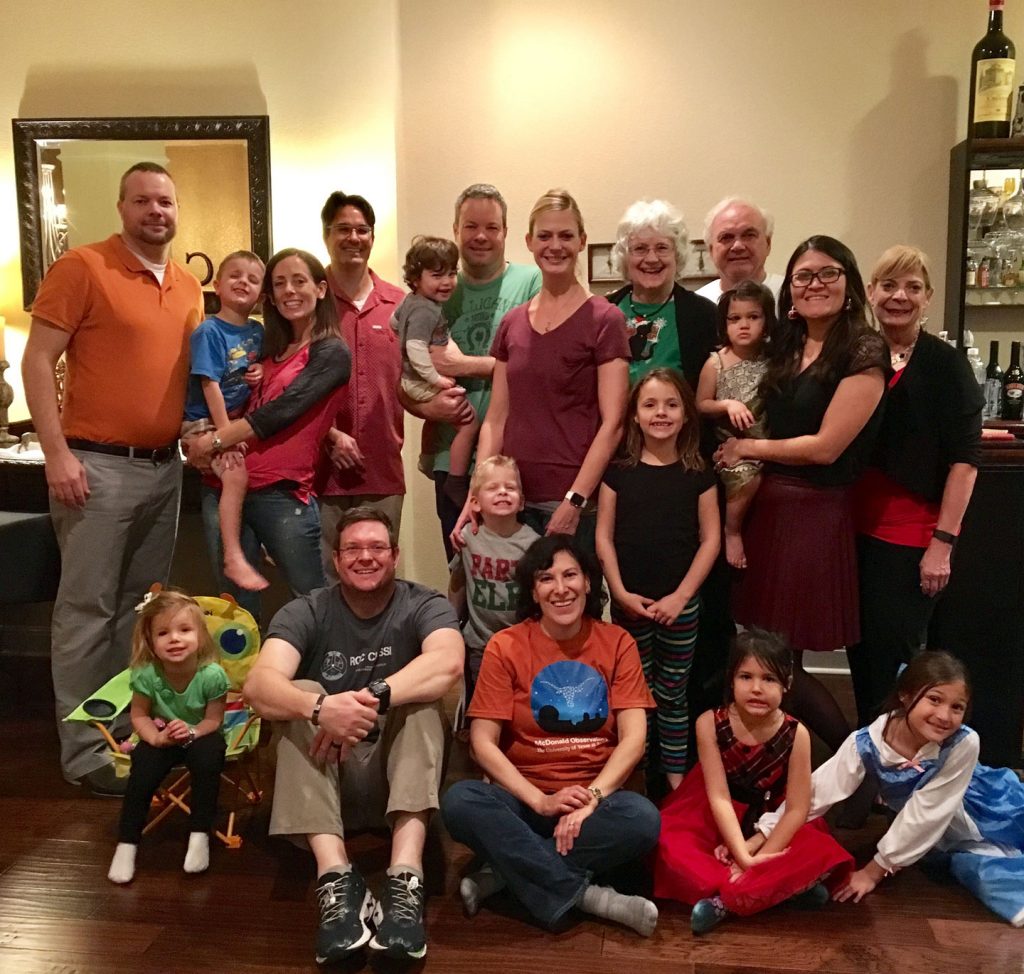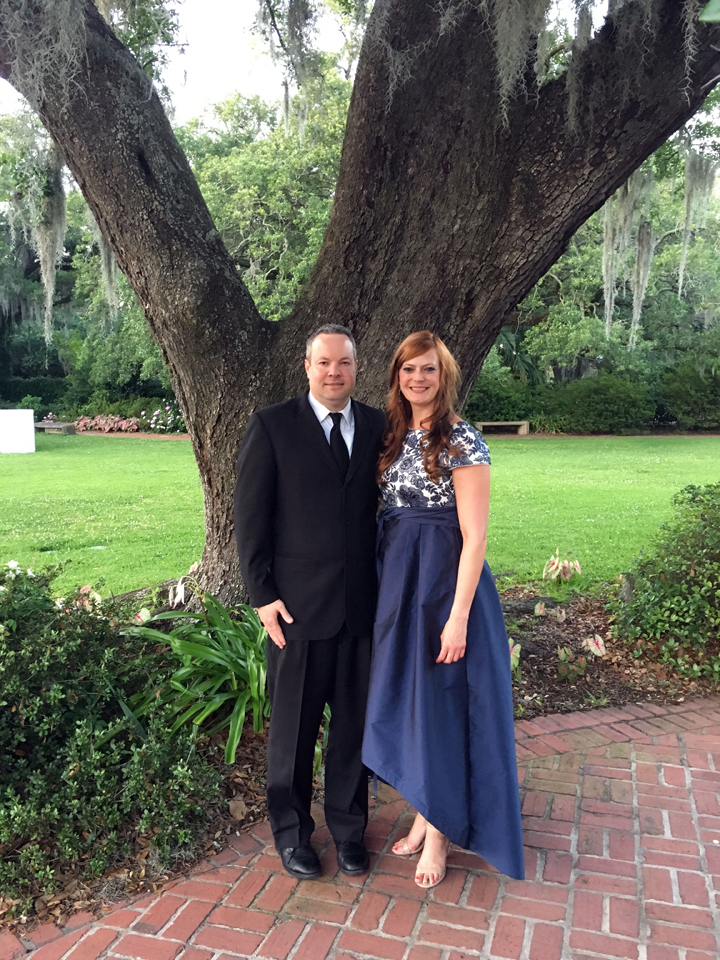A guest post by Mark Crowley
March 11, 2020
Mark is married to SHAP Director Jen Crowley, and they have shared 10 awesome years of marriage together. Since infertility is a struggle for the married couple and not just either the husband or the wife individually, Mark thought it was important to share a husband’s perspective on the infertility journey. Oftentimes the wife speaks out more often about the struggle, but husbands suffer, too, and go through their own wrestling with the cross of infertility. Mark offers one husband’s perspective and hopes it validates and reaches other husbands going through a similar journey.
Being in a very close-knit family with three brothers and having numerous nephews and nieces running around, the question, “When are you going to have kids?” was never an uncommon one asked of me.

Struggling with infertility from the husband’s perspective can be quite the awkward conversation. Most of my male friends or brothers wouldn’t ask about it at all, at least in the beginning of our infertility journey. They would more often comment that I should have kids and that kids would make my life happier. My typical response was simply, “Working on it,” or “Whenever God lets us!” Vague enough where they figured out that we were trying to conceive but without my having to go into detail.
Related: How to Support a Friend Struggling With Infertility
Having come from a family with four boys, personal health issues, like fertility, weren’t discussed. If I had a broken arm from football or stitches from skateboarding, we could talk about the scars or rehab involved.
Infertility was more of an internal issue that was often not discussed.
I’ve never had a sister and, before I met my wife, I never had a girlfriend with whom I discussed either mine or her “internal workings.”
When my then-fiancée (now wife) and I began preparing for our marriage, part of the requirements included attending classes to learn how to practice Natural Family Planning once we were married as well as going through premarital counseling together.
All of it was pretty eye opening to me. Discussing how to observe, interpret and chart my future wife’s signs of fertility made me feel a bit odd and uncomfortable at first, if I’m being honest.
I, like most people I assume, had no idea that my wife and I would have infertility issues. I remember us discussing in one of our premarital counseling sessions the number of kids we wanted and when we wanted them.
We both agreed on waiting a year after getting married until wanting to get pregnant.
At that point we just assumed that we would get pregnant whenever we wanted.
Looking back now I can see how it was pretty naive for us to think we could dictate what the future of our family would look like. We thought it might take a couple of weeks to conceive after we decided we were ready to have children.
On our one year anniversary we planned a trip to Europe, assuming that we would be able to get pregnant while on our two week vacation abroad. We had no doubts whatsoever that it would easily happen. Well, we got home and no luck. Several more months passed without success.
My wife soon began meeting with her doctor, and apparently it was serious enough at that time for me to start attending some of the appointments as well. The doctor informed us that we had several issues affecting our fertility but that most could, hopefully, be solved if my wife underwent surgery.
I was always raised to believe that the husband is the provider and protector of the family.
Therefore, learning that we had some fertility issues was a tough pill to swallow because there seemed to be very little I could personally do to help in our particular situation.
The doctor we were seeing at the time encouraged us to learn a second method of NFP, which involved quite a few additional private classes in the evenings after work and on weekends.
I continued to go with my wife to numerous doctor appointments, and I even met with a urologist to rule out all possible infertility concerns on my part. He put me on one medication and suggested a comprehensive list of vitamins to begin taking regularly.
My wife and I tried to be optimistic; we had the attitude of, “Let’s enjoy the time as a couple and do our best to embrace our struggles.”
Admittedly, the emotional side of infertility was more difficult for my wife than it was for me. As opposed to her everyday experiences, my friends, of course, never talked about how it felt being pregnant. I wasn’t asked nor did I feel obligated to throw baby showers. I didn’t feel regret on missing out on a miracle growing inside of me. Most of my friends along the way realized we were doing everything possible within our beliefs to achieve pregnancy, so they did not ask much about it.
I know my wife was doing everything possible as well to achieve pregnancy. She did amazing amounts of research. We had appointments with the best doctors in the country. She went through numerous surgeries — five, to be exact.
Mostly I wanted to make sure she knew that I understood that this was our struggle together. I never wanted her to feel alone.
We struggled with infertility as a couple. It was not an individual trial.
If I could have undergone surgery for her, I gladly would have.
All those surgeries and more than 10 years later, we have still never been able to get pregnant. The most recent doctor appointment we had we were informed that conceiving, although not impossible, would be very unlikely.
There are days that I have questions, “Why us?”, and other days when I’m wrapped up in our abundant blessings, and fertility is the farthest thing from my mind.

The longer we have lived with our infertility, the more I either grow comfortable discussing it or have been asked to discuss it. I often think of John 9:3:
“…but this happened so that the works of God might be displayed in him.”
My wife has helped start an amazing ministry called Sarah’s Hope & Abraham’s Promise to help others struggling with infertility.
Related: Why Do We Need SHAP?
I have met with several men in the group to share my personal journey and to walk with them during their own struggle. My wife has organized prayer services, and we have had numerous couples over to our home to discuss infertility and family building. I’m not sure if that is what Jesus meant by “so that the works of God might be displayed in him,” but I’m hoping I’m headed in the right direction.
If you enjoyed this post, please share!
& If you aren’t a part of our Bands of Hope Online Infertility Support Group, we’d love to have you join us! It’s a community filled with those who seek and offer spiritual and emotional support to anyone struggling with fertility issues!
May God grant us each peace and openness to His perfect plan for our families.




